Khabar Khair (Only Good News) – Fatima Rashad
Development projects in Yemen are facing all the conflict parties and trying to distance themselves from them, but in vain. The ongoing conflict in the country has made it dependent on its variables, while relief projects are also presented in an urgent manner that does not serve the reality in which the country lives and does not meet the needs of poor families.
There are many projects that have been allocated for relief by donor and supportive countries to Yemen, but they do not fill the food gap caused by the conflict, and most of these projects do not simulate reality.
People’s need for aid is very great, in a country that has been in conflict for seven years. Food basket projects are no longer feasible, as they do not cover demand at the household and individual levels, and are not distributed regularly or continuously.
The country needs development projects that change the reality, service projects that help people overcome the harsh situation they are living in as a result of the conflict, electricity, water, reconstruction and medical services. All of these projects should be a priority in the eyes of Yemenis because they represent radical solutions to the problems that the country suffers from.
The citizen, Muhammed Saleh, speaks to “Khabar Khair” (Only Good News) website, “The citizen screams every day until his voice is hoarse while demanding his most basic service rights, such as his right to establish a service project for water and electricity, but in vain”.
“We hope those in charge of relief grants, the Yemen Reconstruction Fund and civil society organizations will contribute to alleviating our daily suffering”, said Saleh, loudly and in sorrow.
The economist, Tarek Hussein, believes that the role of local civil society organizations is pivotal and important, but it does not focus on implementing development projects such as the water, electricity, and solar energy projects.
Tarek added, “There are local organizations that undertake to support these projects, but the level of implementation is limited. On the contrary, the Social Fund, because its support comes from the World Bank and the support of these organizations is still limited”.
He said, “The Social Fund projects are of a developmental nature that contributes to achieving sustainable development in some areas in which it operates, such as electricity, economic empowerment, roads and water projects”.
According to what was reported by “Asharq Al-Awsat” newspaper, the Saudi Development and Reconstruction Program for Yemen announced the signing of three projects, which are among the largest Saudi projects in Yemen, including the health, education and transportation sectors in three Yemeni governorates, namely: the project to establish the King Salman Medical and Educational City in Al-Mahra, and the Aden Airport rehabilitation project, and Al-Abr Road in Marib.
Mohammad Al-Jaber, Saudi Ambassador to Yemen and General Supervisor of the Development and Reconstruction Program in Yemen affirmed in a press interview that projects in Yemen are launched from a holistic perspective. His country believes in the importance of meeting the needs of various vital sectors in Yemen.
The Saudi ambassador’s speech coincides with the speech of the Minister of Planning and International Cooperation, Dr. Waed Badeeb, who confirmed that his country is moving economically and socially from relief to community development, and a real launch of development in service sectors and infrastructure components, according to what was published by “Asharq Al-Awsat” newspaper.
In addition to pledges made in his work with donors and in coordination with them to overcome all difficulties, as he emphasized that the Yemeni environment has become ready to implement more development projects in a way that enhances the Yemeni economy and improves living thanks to the Saudi Development and Reconstruction Program in Yemen, which implements development projects and initiatives in various Yemeni governorates that are estimated at their cost. With 500 million Saudi Riyals, it comes with sustainable solutions that contribute to the development of infrastructure in Yemen.
Tarek Hussein told “Khabar Khair” (Only Good News) website that most of the grants provided to Yemen are relief projects and not development projects. Development projects in Yemen are estimated at 20% or 30% for the support received for Yemen and most of the emergency projects meet the citizen’s need, but for a specific time, not all projects are developmental.
He adds, “The meaning of development is that it has a sustainable character, and sustainable projects are those that receive support from the World Bank or the government of countries such as Japan and Sweden, or large international agencies such as the International Federation, which are few and do not touch the citizen’s need because the lack of support made them not meet the citizen’s need, and big support goes to emergency projects”.
Omar Al-Hayani, an economic analyst, told “Khabar Khair” (Only Good News) website, “Most of the projects that are implemented in Yemen through civil society organizations are unsustainable in most of them”.
Al- Hayani added, “Most of the projects are focused on non-specific training or in the form of aid that does not contribute to creating economic growth, despite the billions of dollars spent on the projects of these civil organizations during the seven-year conflict”.
“There are few projects that have been implemented by civil organizations that have contributed to creating job and development opportunities, such as implementing road projects, water projects, and the sanitation side, but they remain, in their entirety, urgent and limited”, El-Hayani said.
Al-Hayani pointed out that “the projects that do not work according to the study of the environmental reality and the basic needs in the areas in which the projects are implemented are just disbursements and figures that do not help achieve actual economic growth, and here the problem is that we cannot create truly sustainable development even though we use balanced and capable economic plans to create a qualitative transfer to the economy”.
He said that Civil society organizations need to be rehabilitated in terms of setting economic plans capable of contributing to economic development, and that their role is not limited to implementing training projects and providing humanitarian aid.
There are parties and benefactors who have implemented service projects in Aden Governorate and some neighboring governorates such as Hajj, including: digging wells, expanding the use of water projects, and supplying them with water pumping machines, and this is what we find and touch in some residential neighborhoods which is what the state and community organizations have failed to introduce to the citizen looking for safe drinkable water.

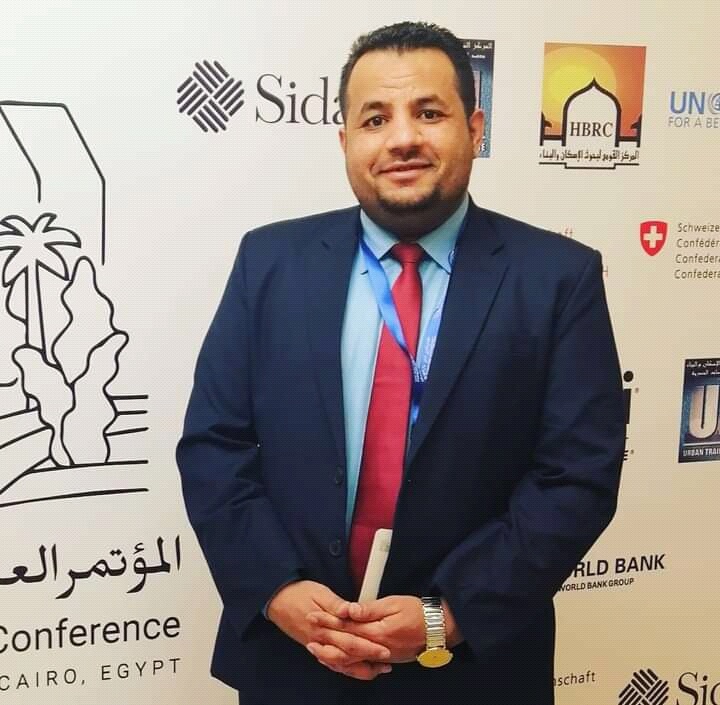
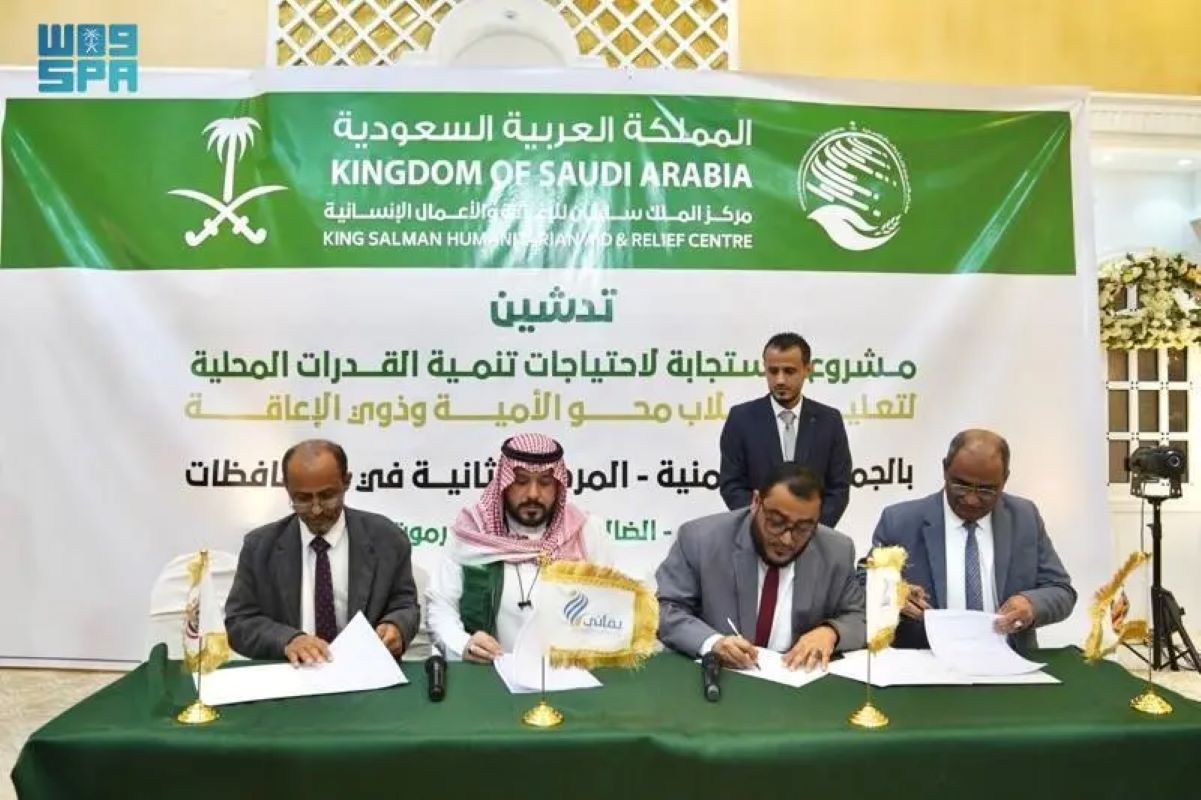
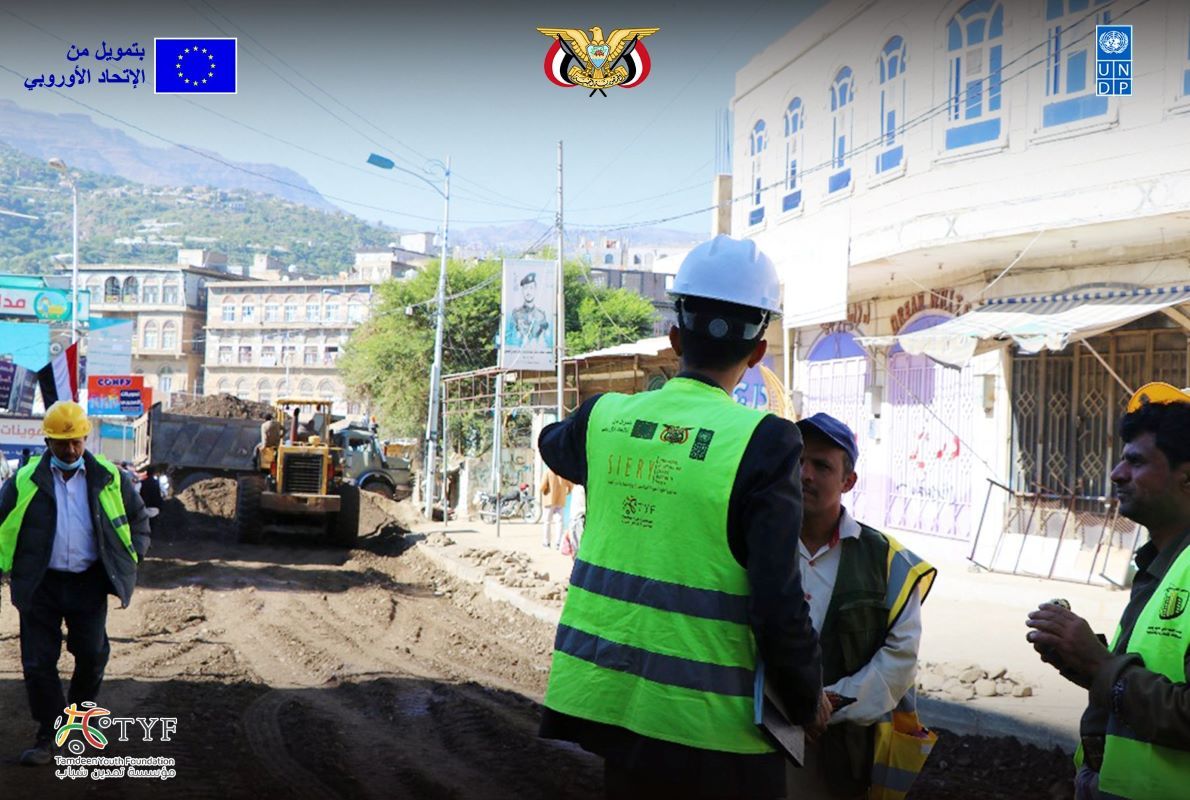
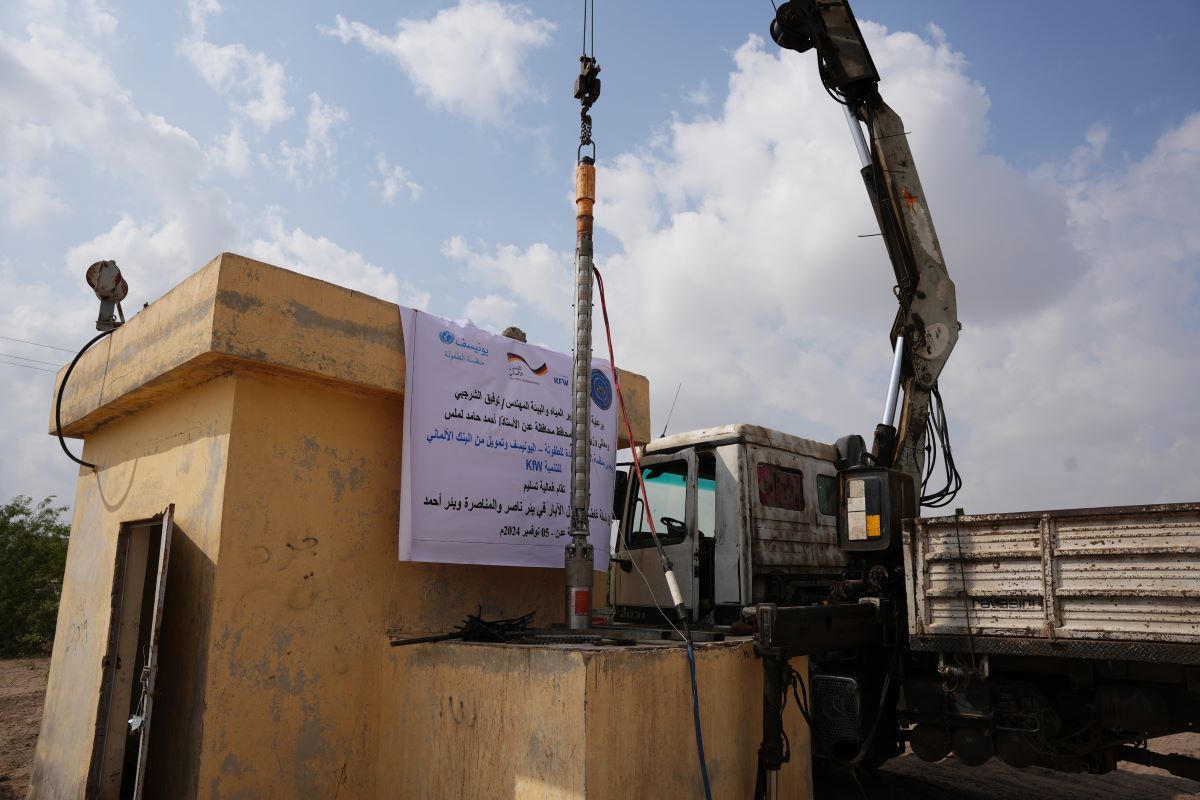
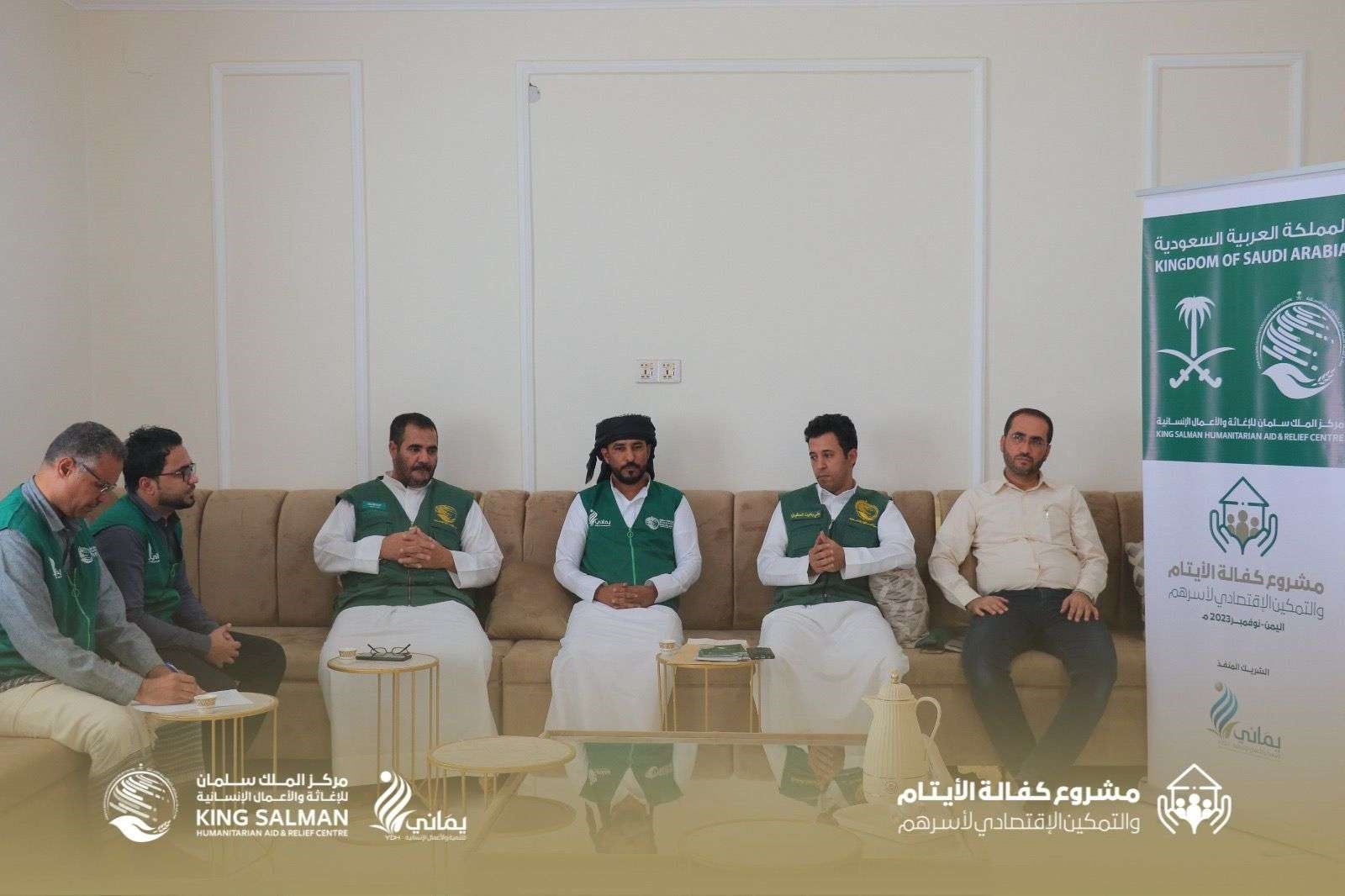
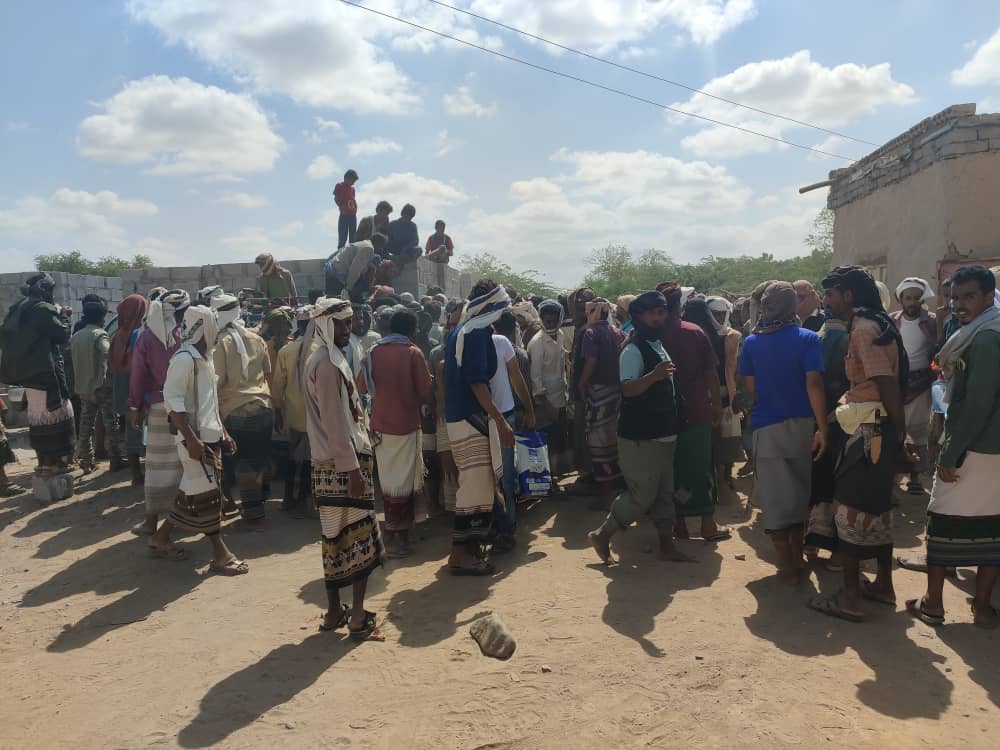
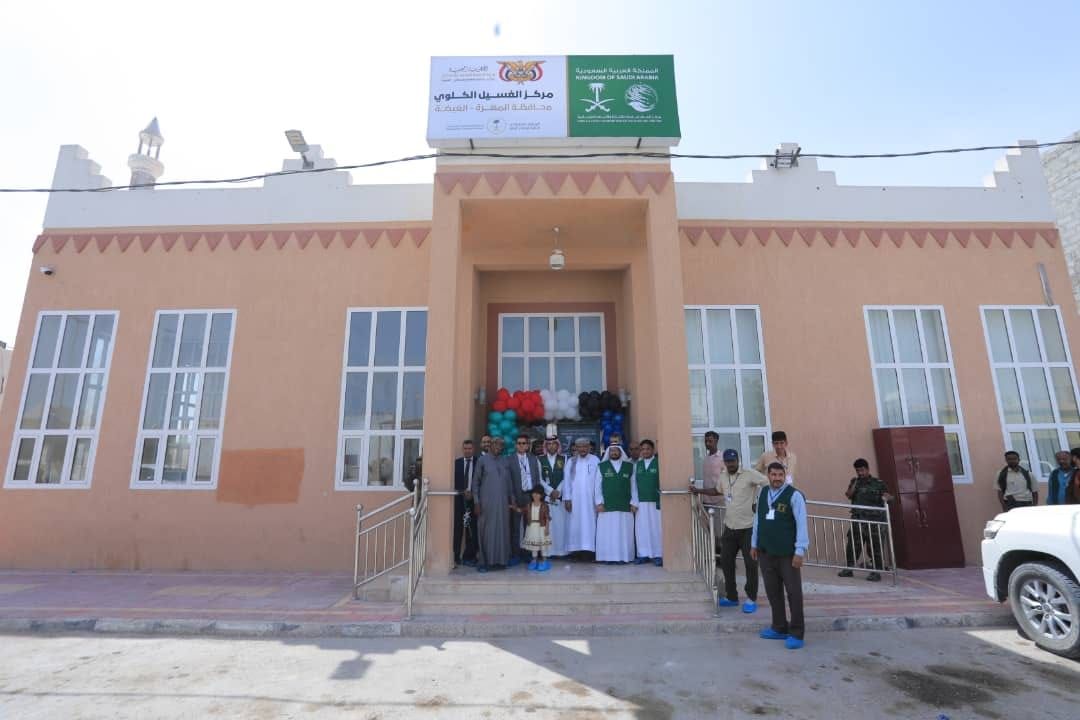

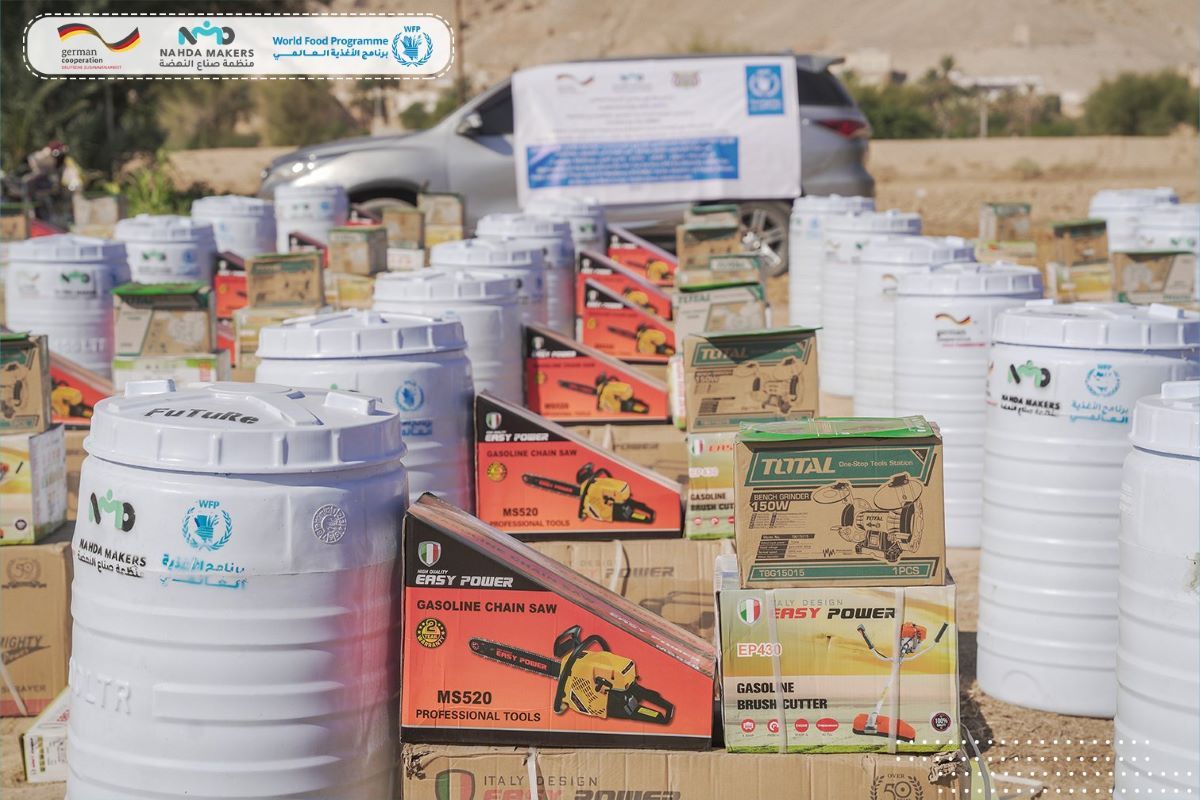
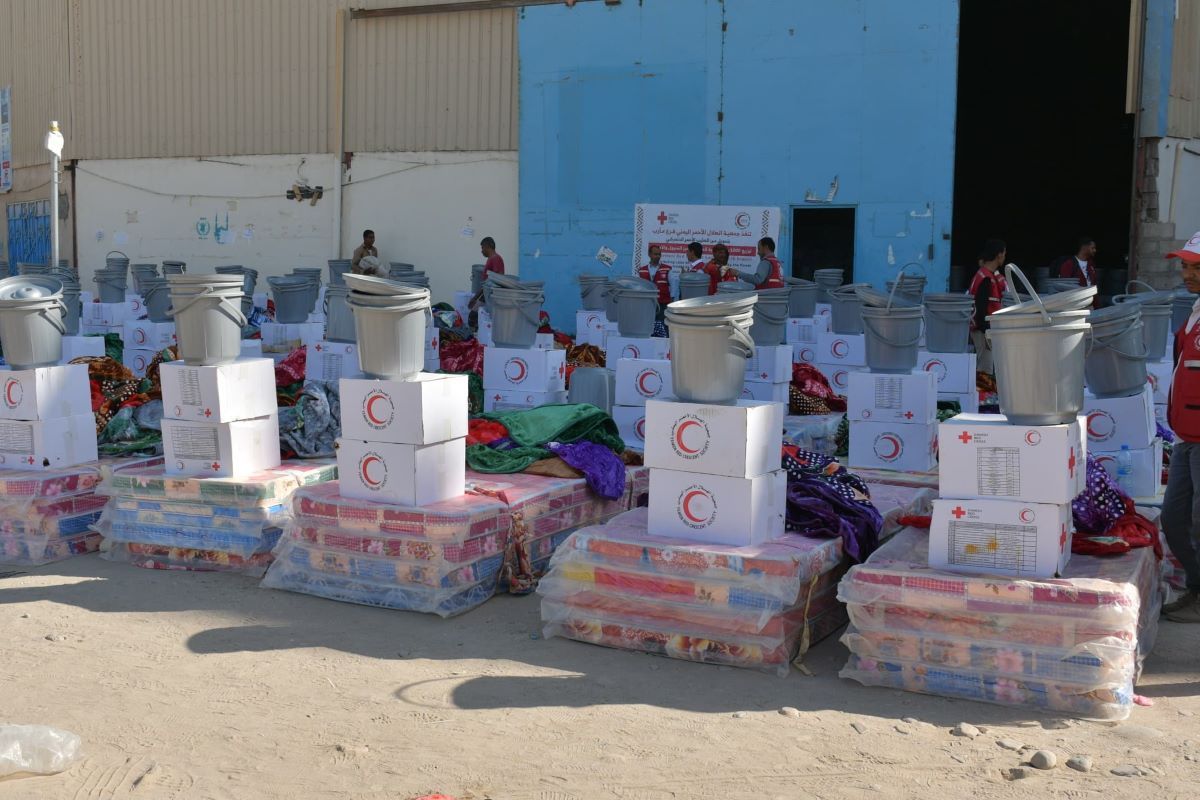
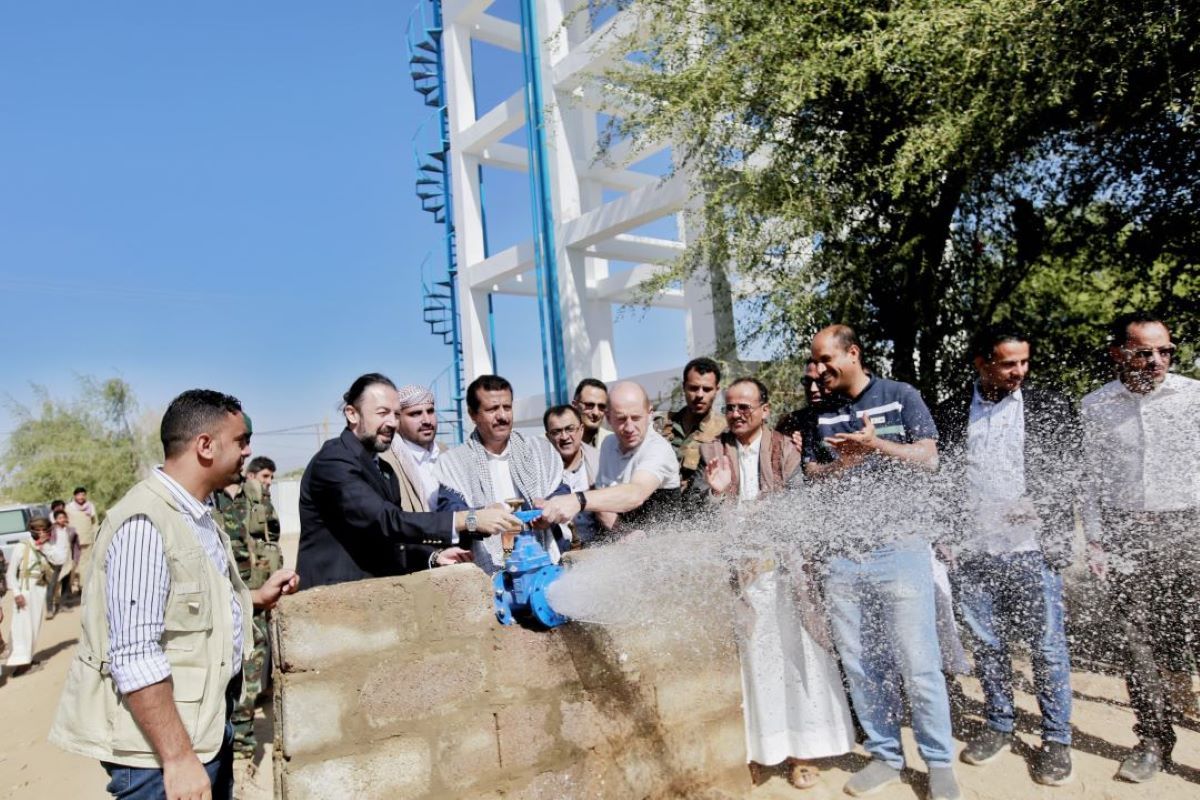
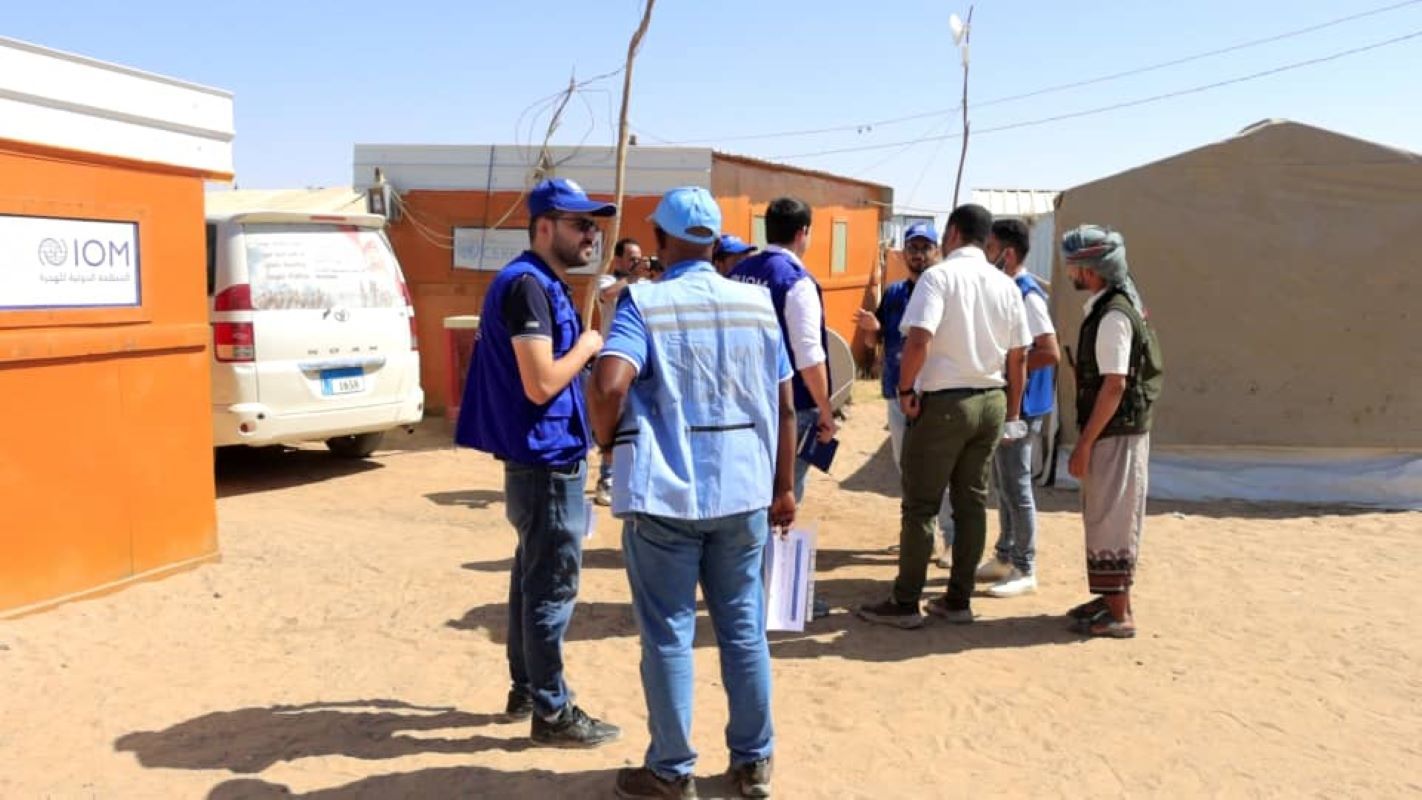
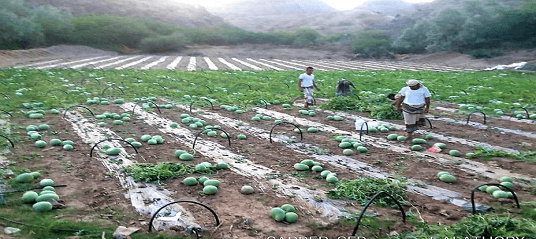
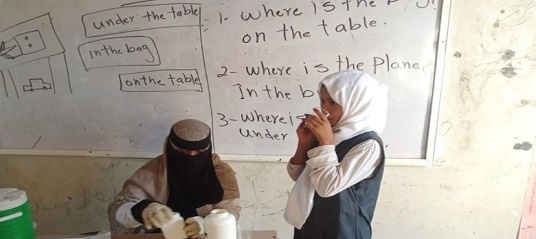
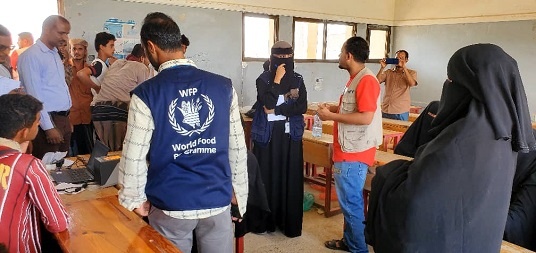
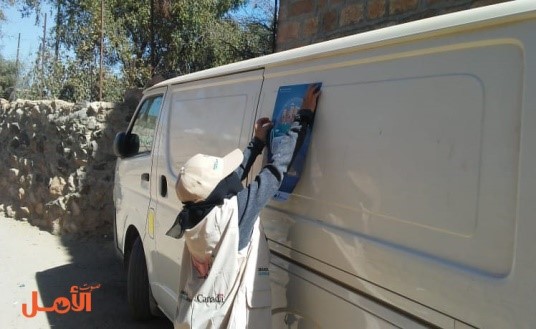
LEAVE A COMMENT